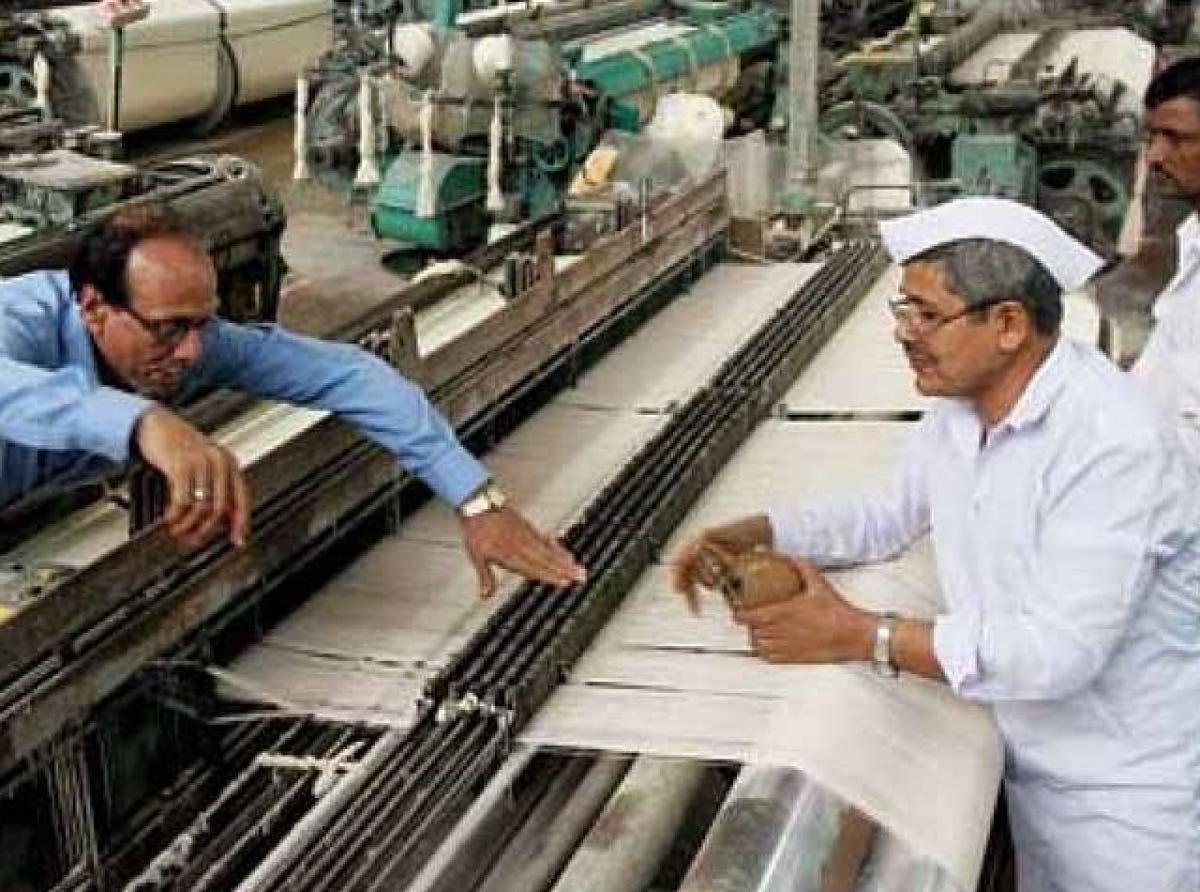China factor looms large over Surat's textile industry
This election season in Gujarat’s Surat, a textile hub, a key concern for businesses is the rise in Quality Control Orders (QCOs) implemented by the Indian government, specifically targeting imports from China. While the stated purpose of the QCOs is to ensure better quality textiles and curb cheap imports, the textile industry in Surat is grappling with the potential impact on yarn availability, production costs, and ultimately, finished good prices for consumers.
Impact on prices
The textile industry in Surat is heavily reliant on Chinese yarn, known for its affordability and consistent quality. The QCOs, by restricting imports, have created a shortage of yarn, pushing prices up. This rise in raw material cost is likely to trickle down to the prices of finished textile goods. Consumers, especially those looking for budget-friendly clothing, may see a price increase due to the yarn shortage. Moreover, the Micro, Small and Medium Enterprises (MSMEs) and small weavers in Surat are particularly apprehensive about the QCOs. They believe these restrictions add unnecessary hurdles, especially since they were not included in the government's production-linked incentive (PLI) scheme due to the high investment quantum required.
Long-term viability of Surat's textile industry
The rise of QCOs presents both challenges and opportunities for Surat's textile industry. On the one hand, stricter quality control measures can improve the overall quality of Indian textiles, making them more competitive in the global market. This can lead to increased exports and a stronger position for Surat in the long run.
However, the short-term challenges posed by QCOs cannot be ignored. The yarn shortage can potentially disrupt production and lead to job losses in the textile sector. Additionally, if Surat-based manufacturers struggle to meet the new quality standards, they may lose market share to competitors who can adapt more quickly.
Way forward
The Surat textile industry is at a crossroads. The government's push for stricter quality control can be a positive step towards long-term growth. However, navigating the immediate challenges of yarn shortage and price hikes will be crucial. The industry is advocating for a review of the QCOs, seeking a balance between quality control and affordability.
Some key factors to consider for Surat's long-term viability include:
- Embracing new technology: Investing in modern textile machinery and processes can help Surat-based manufacturers meet the new quality standards and improve efficiency.
- Diversifying yarn sources: Exploring alternative yarn suppliers from other countries can mitigate the risk of over-dependence on China.
- Focusing on value-added products: Surat can move up the value chain by focusing on high-quality, niche textile products that command premium prices and are less susceptible to price fluctuations in raw materials.

